
The Cheese Trap by Neal Barnard
Neal Barnard is one smart guy that knows an incredible lot about the science of health. Having interviewed Neal on my podcast, I was swept away by just how humble he is. I feel he possesses a great deal of poise, empathy, understanding and kindness that kind of takes away the edge when speaking to anyone wearing a white coat. I think you’ll get the same feeling when reading this book on how to break the cheese addiction and escape the “Cheese Trap.”
Neal Barnard is an adjunct associate professor of medicine at the George Washington University School of Medicine and Health Sciences. He is also the president and founder of the non-profit Physicians Committee and the founder of Barnard Medical Centre, a non-profit primary care medical centre in Washington, D.C.
Dr Barnard has written many well-received books and clinical research studies and is a huge advocate for a plant-based diet. He believes, with scientific evidence, that by opting for a plant-based diet, we can all reach and maintain a healthy weight and slash the risk of heart disease, diabetes, joint pain, headaches, migraines, and even specific forms of cancer.
In this book, Cheese Trap, Barnard explores the surprising truth about the harmful effects of cheese and dairy. If you are a lover of cheese and don’t want to give it up anytime soon, then you may want to avoid this book. Neal shreds cheese apart. If on the other hand, you have an open mind and curious to discover why dairy is bad for our health, you’ll gain a lot of insight from reading this book. Sceptical or not, Neal will make you think twice about eating that next slice of cheese.
What I didn’t know and was blown away to discover was how and why cheese is actually addictive. Cheese contains mild opiates ideal for bringing the calf back time and again to suckle on its mothers’ milk. Interestingly enough human milk also has these opiates called casomorphins and although relatively less they still serve the same purpose. These casomorphins, like heroin and morphine, attach to brain receptors that influence our cravings or addictions.
There are other reasons for societies incredible inclination towards an ever-increasing consumption of cheese and dairy. One statistic suggesting cheese consumption has soared from an annual amount of four pounds per person in 1909 to 36 pounds today.
Neal points out that the fat content found in cow’s milk and the addition of massive amounts of salt into cheese to give it flavour complements our desire to eat dairy. According to health science research cheese is has a 70% saturated fat content, the bad fat, and for the same portion of potato chips, cheese has double or even triple the amount of sodium. We love it!
If it is delicious calories you crave stick with cheese. It’s packed full of them. The reason for this is that cow’s milk has the primary purpose of turning a 30-kilogram calf into a 350-kilogram cow as quickly as possible. Cow’s milk is fit for calves. No other mammal continues drinking’s it’s mothers milk longer than is necessary let alone the milk of another animal. Humans are the only species that drink milk, and milk from other adult mammals.
Another reason why cheese is dense in calories, cholesterol, fat and salt is due to the process in which we make cheese. Neal suggests it’s the most highly processed food available on the supermarket shelves. In this book, not only does Neal address the treatment of cows for our guilty pleasures, which I think would be disturbing even for the toughest of characters, but he also runs us through the manufacturing process. The process concentrates these bad fats and to make it tasty and moreish; they add bucket loads of sodium. The average sodium content of cheddar cheese is approximately 600mg per 100 grams.
As for the argument that cheese is essential for calcium and the development of bone density, that appears to be a myth. Clinical studies have now found that children who consume milk and dairy have no increased benefits in bone integrity. Studies of both children and adults find that dairy consumption shows no benefits in reducing stress fractures. In Neal’s research, he suggests it can do the opposite.
Some of the best forms of improved bone density are exercise and vitamin D consumption. Neal leaves no room for cheese and dairy to have a breath. It is written in the common tongue, leaving out anything too complicated to understand yet still backs everything he says with research and scientific studies. Again, it will make you think twice about that next mouthful of cheese.
What’s best is that like most of Neal’s work he didn’t leave the reader empty handed and lost as to what to do next. In the end, he has pages of recipes and inspirational cheese replacement meals that will still satisfy all taste buds. I for one was left eager to get cooking.
I think this book is one for everyone to read regardless of whether you want to stop eating cheese altogether or not, it will assist you to at least reduce your consumption. And if the research is right, it may help us dodge the long list of ill-health effects associated with the use of dairy.
If this book sounds of interest you can purchase The Cheese Trap: How Breaking a Surprising Addiction Will Help You Lose Weight, Gain Energy, and Get Healthy
here.
Please leave your thoughts, comments & questions below.
Peace, passion and purpose…
Other books that you may enjoy.
Further Reading and Resources
TED Talks: Ideas worth spreading
Elite Daily: The Voice of Generation Y
Four Hour Work Week: How to escape the 9-5, live anywhere and join the new rich.
The Minimalists: How to pursue a minimalist lifestyle and be happier.
Mind Hacks: Tips and Tricks for Using Your Brain
Rich Roll: Plantpowered Wellness Advocate
The Art of Charm: Build confidence, feel comfortable and networking differently.
The Art of Manliness: Encouraging men to be better husbands, fathers, brothers, citizens.
Tiny Buddha: Simple wisdom for complex lives.
Mind Body Green: Lifestyle media brand dedicated to inspiring you to live your best life.
Zen Habits: Find simplicity and mindfulness in life.
Creative NonFiction: “true stories well told.”
Barking Up the Wrong Tree: science-based answers and expert insight on how to be awesome at life.
The Positivity Blog: Practical articles on happiness, self-esteem, productivity and social skills.
FIND YOUR HIDDEN WHY with THE HIDDEN WHY (THW)
BUILD YOUR LIFE AROUND YOUR PASSION AND LIVE WITH PURPOSE
Sign up for free below and receive cool stuff from me each week + Plus a free copy of “The Four Pillars of Success”
In my weekly emails you will receive ideas, thoughts, learning’s and inspiration on:
- How to design a life that you want and live by your terms
- How to live a life with passion & purpose
- Methods, strategies, & techniques on life hacks
- Messages on how to better live your life
- We will also keep you up to date with fantastic interviews from THW podcast




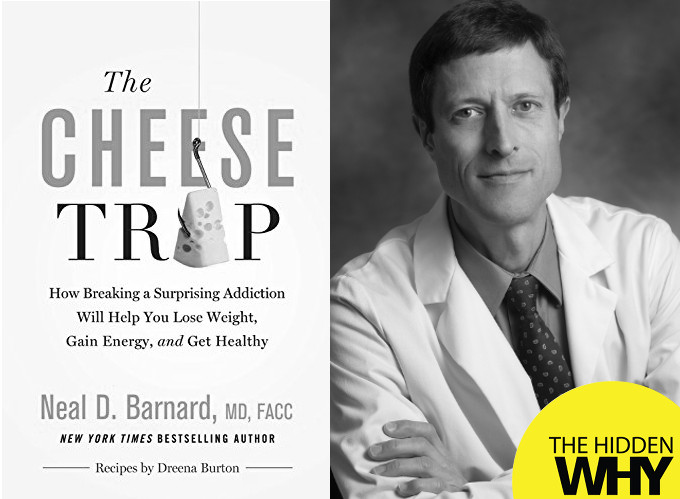

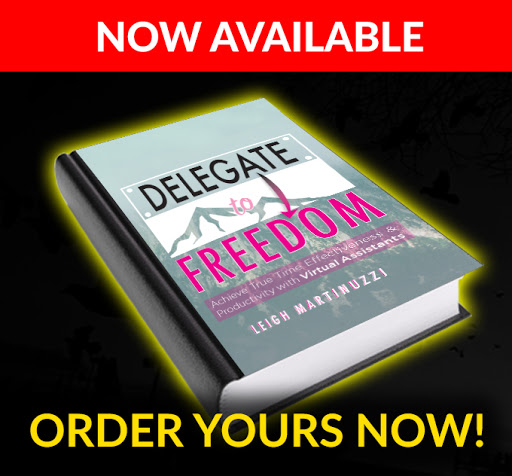
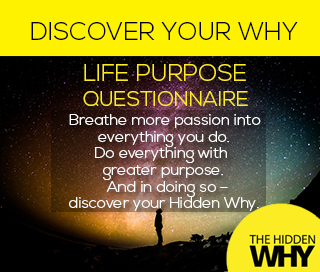



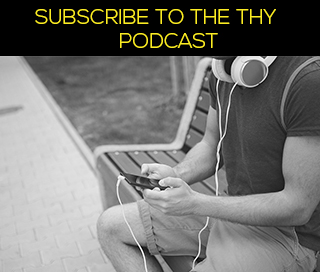
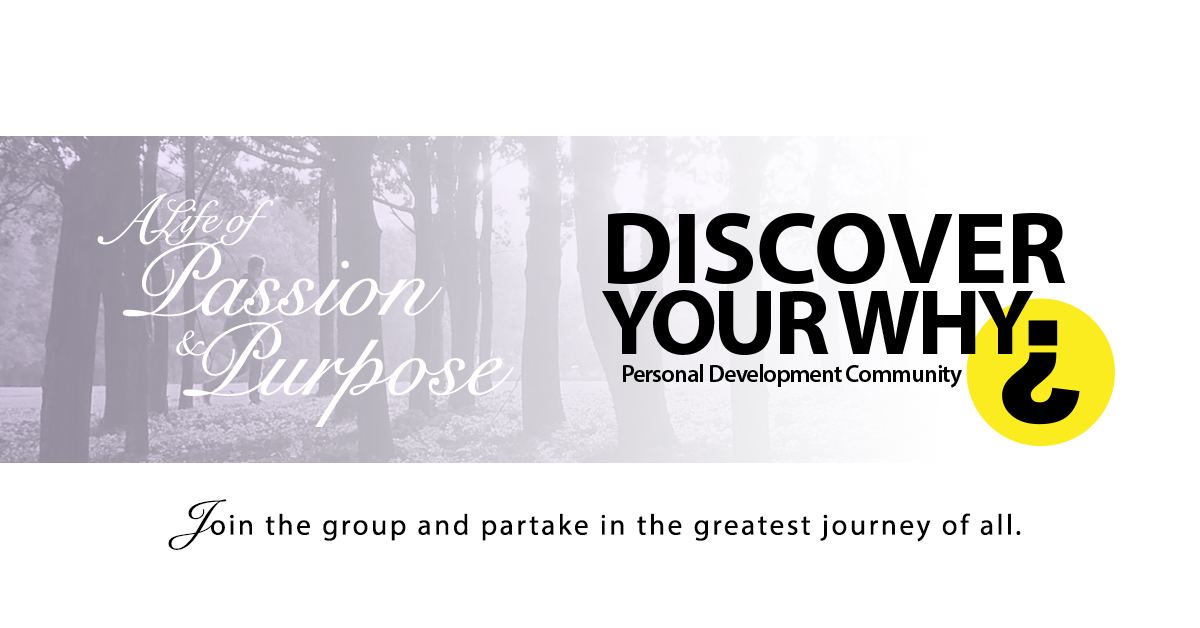
Leave a Reply